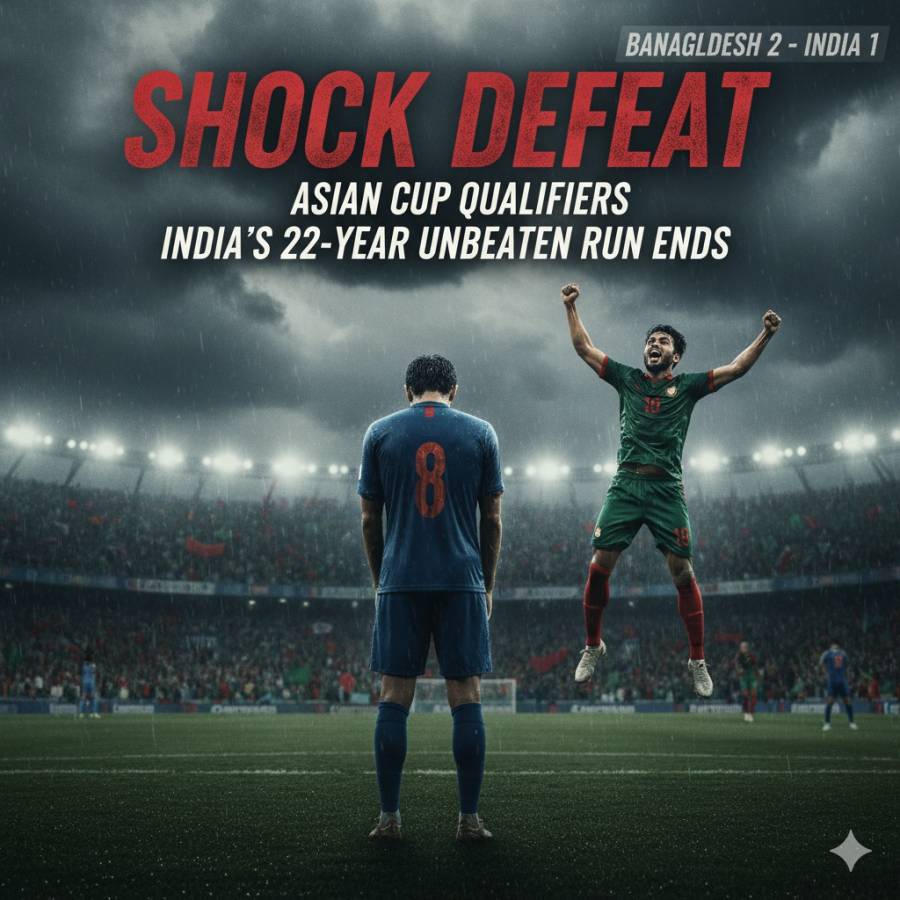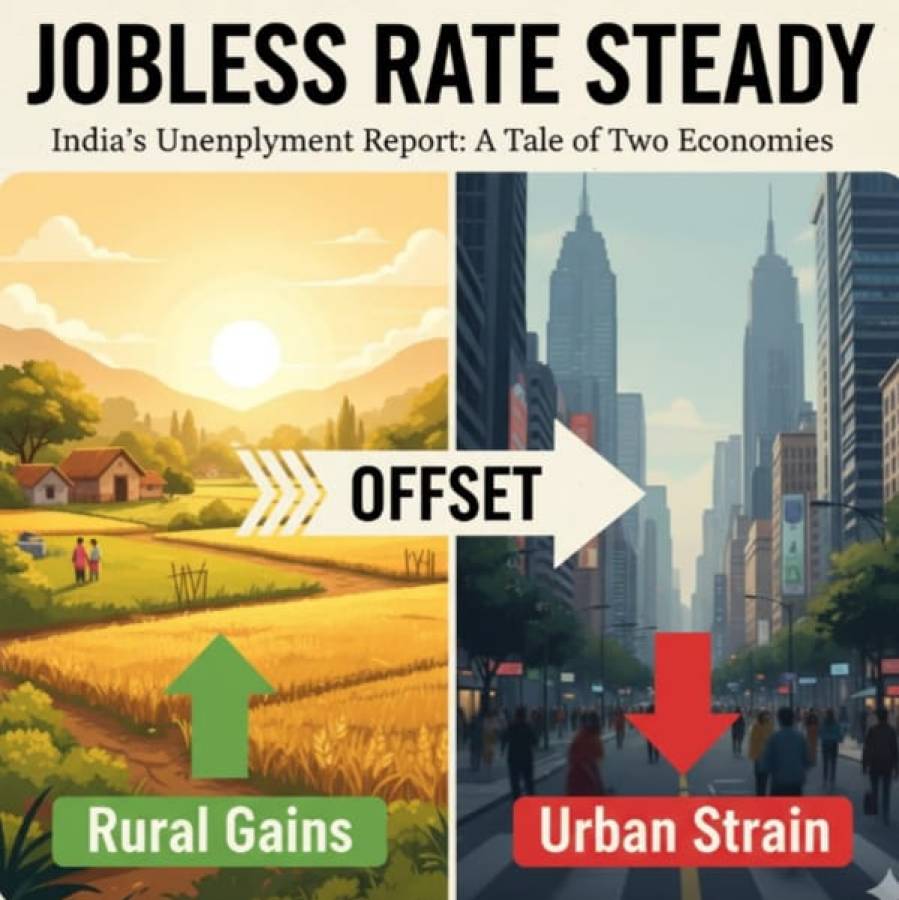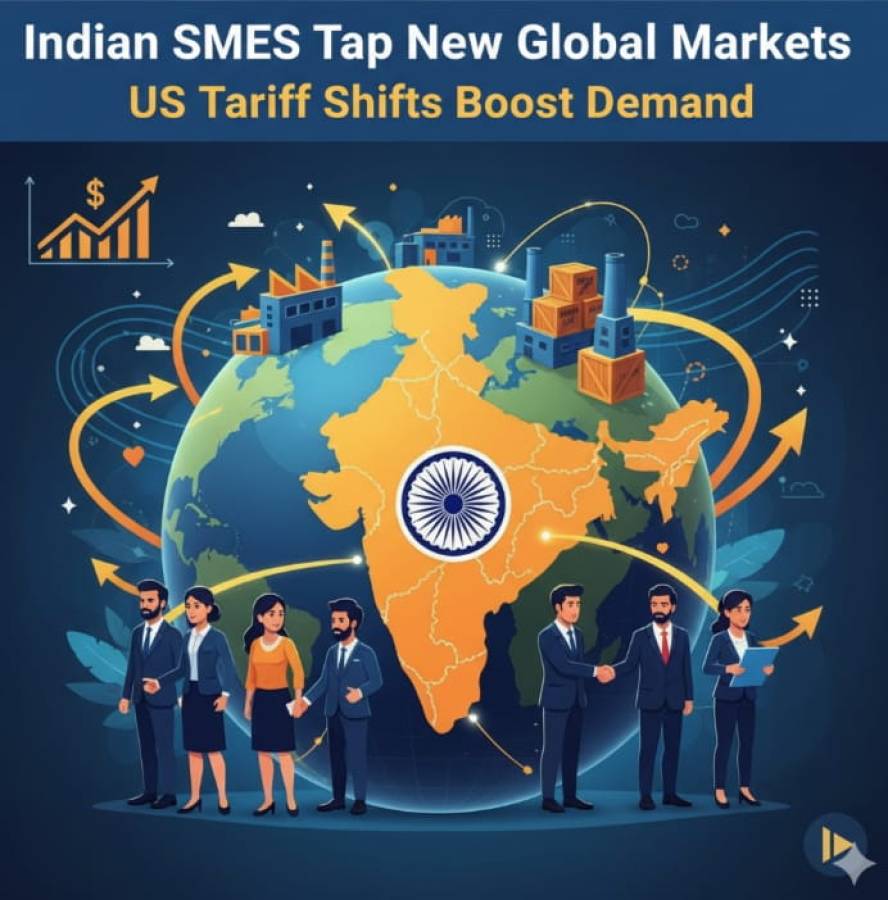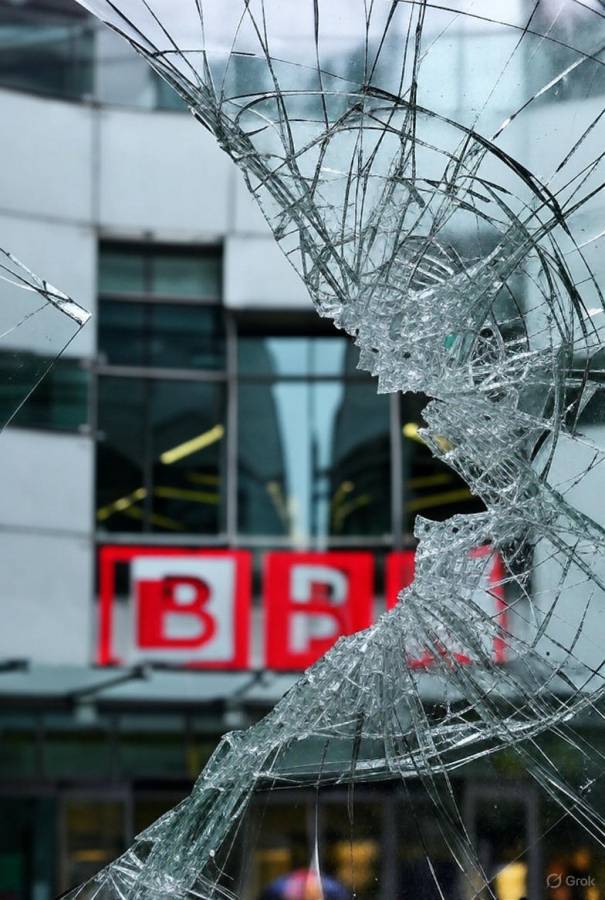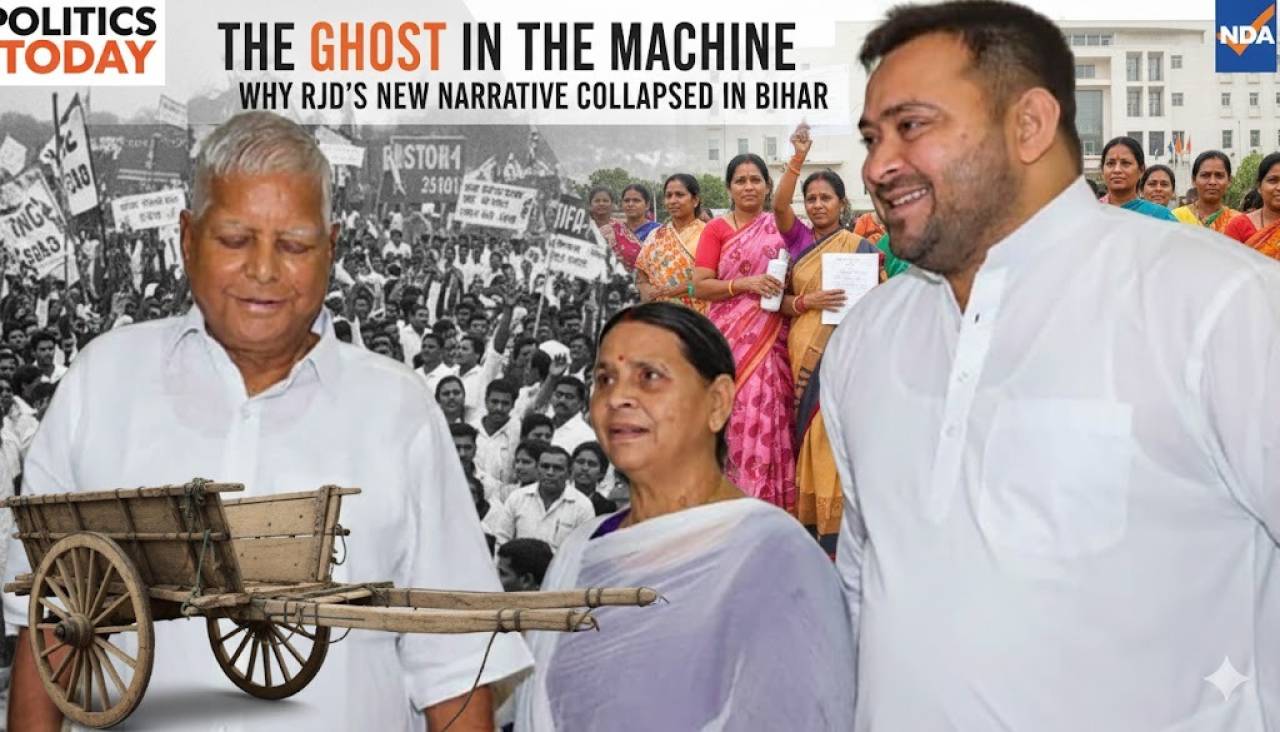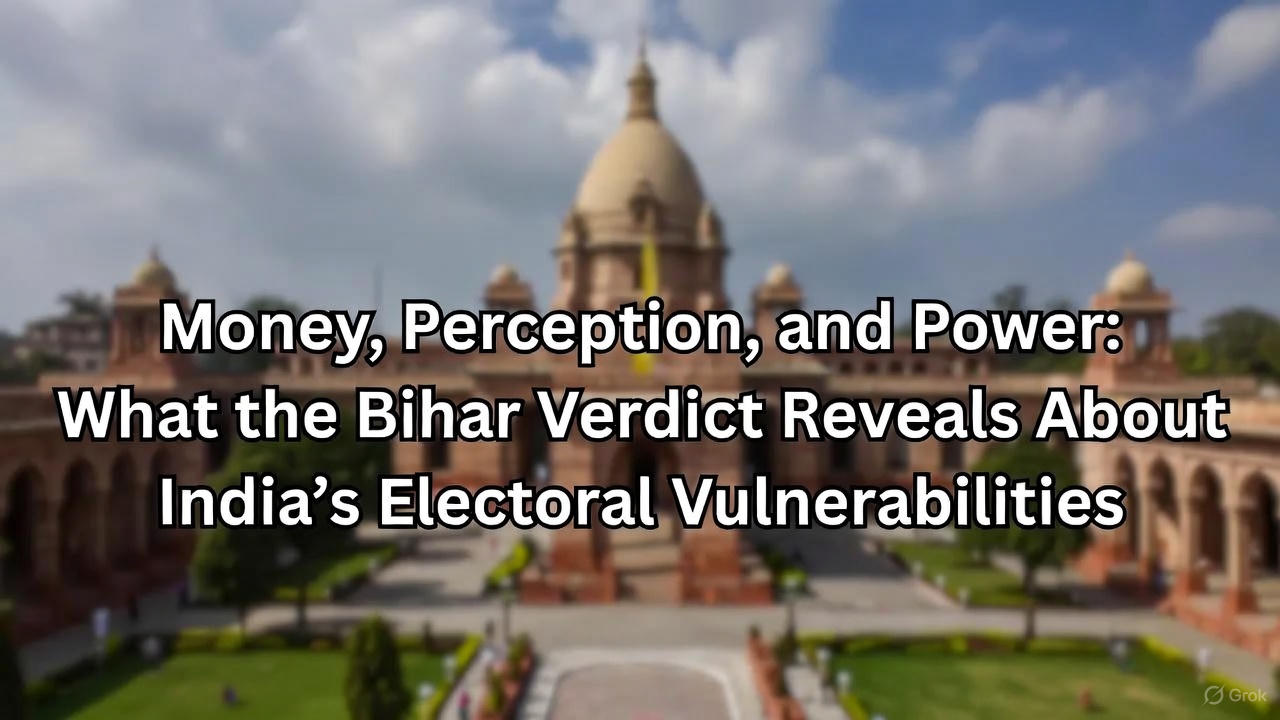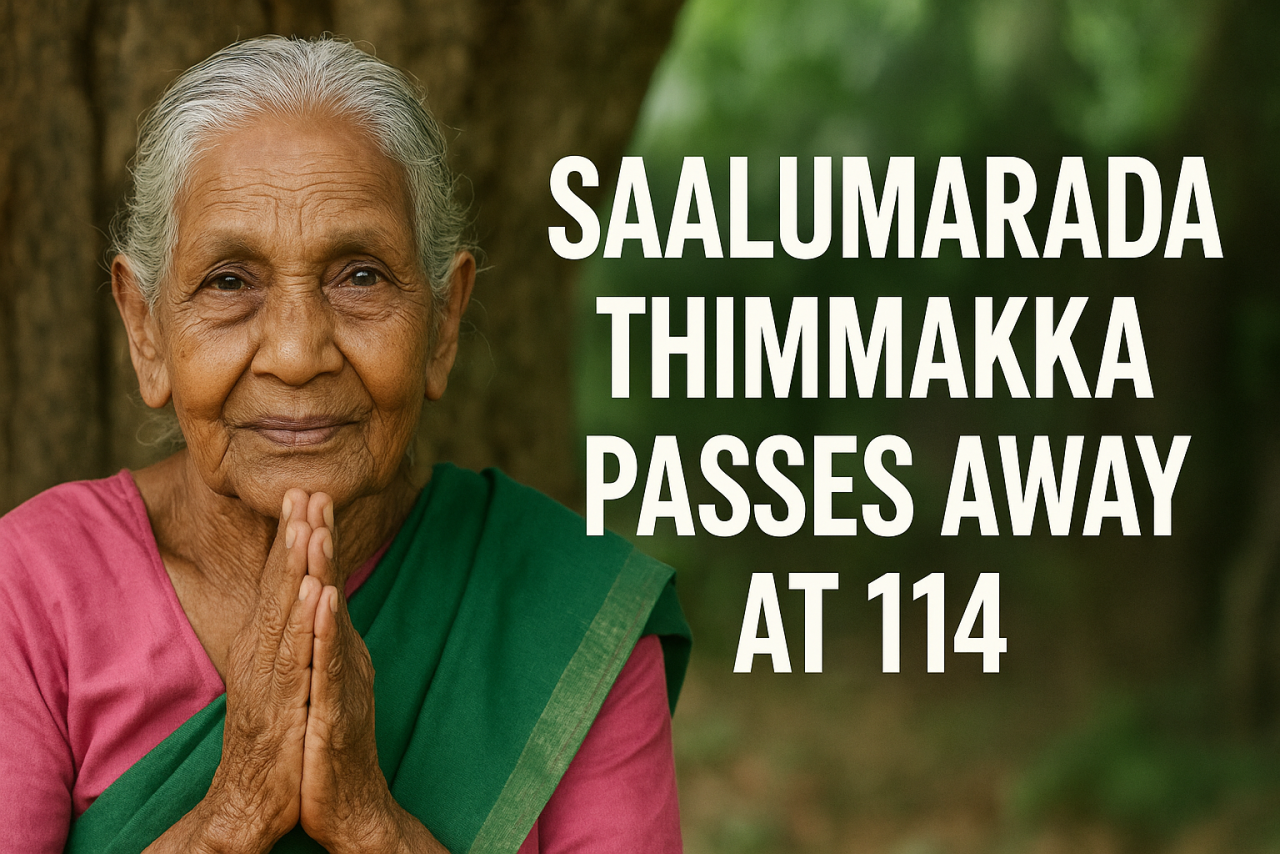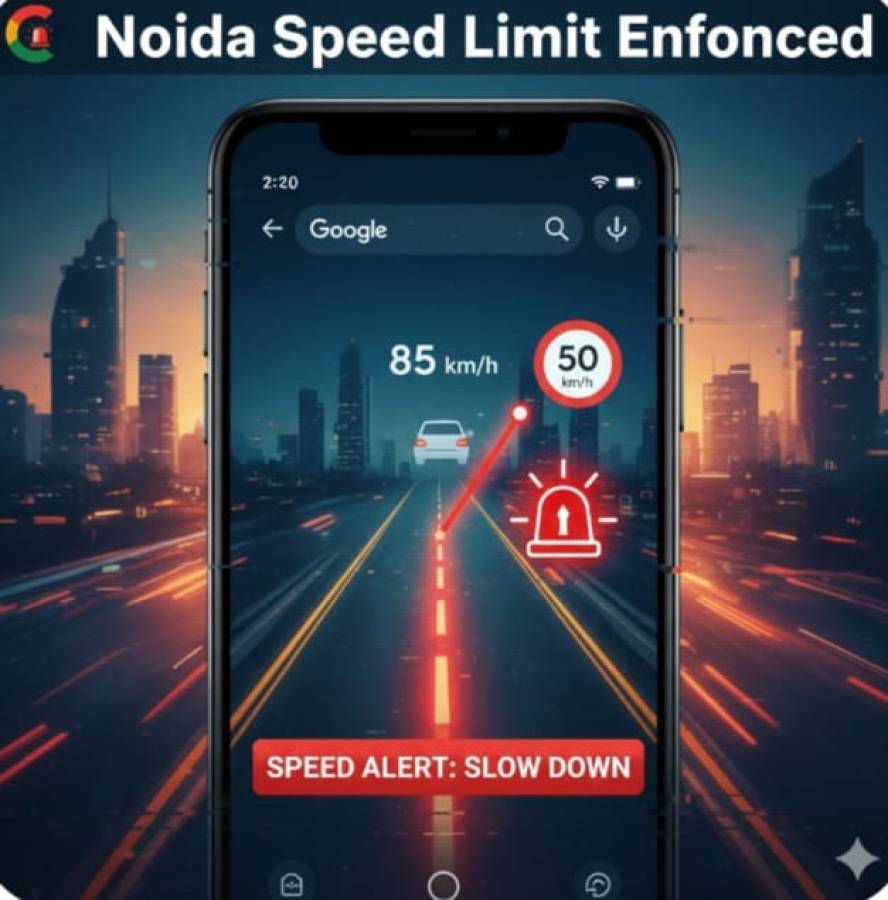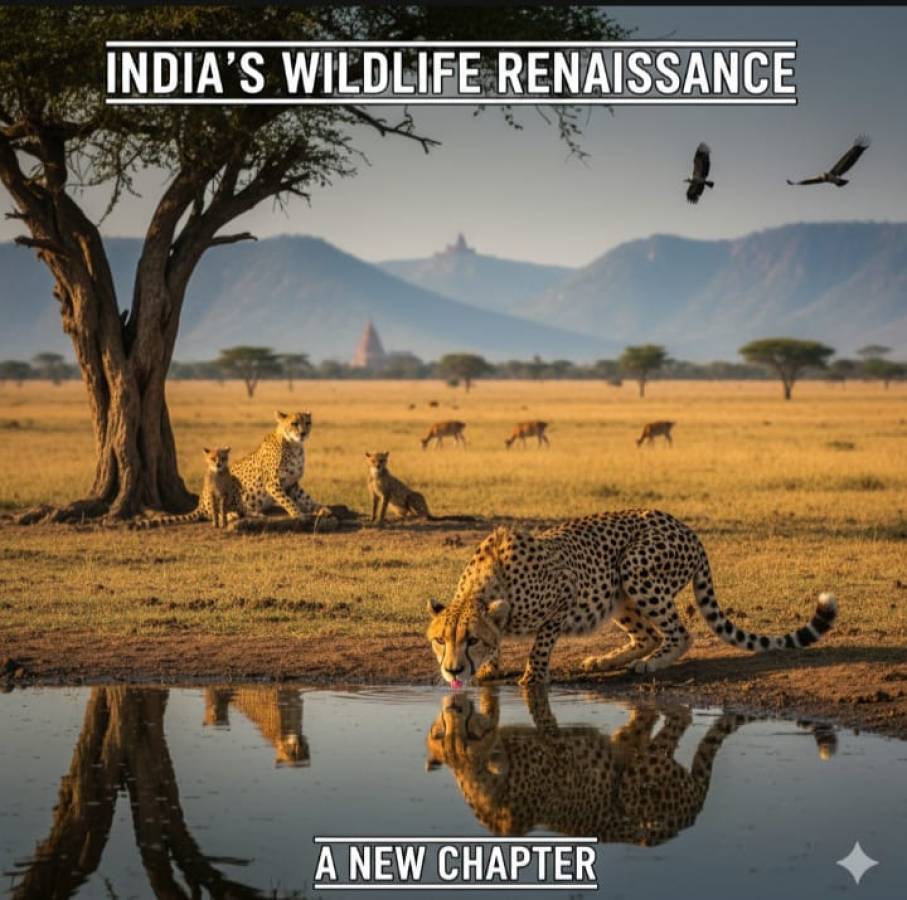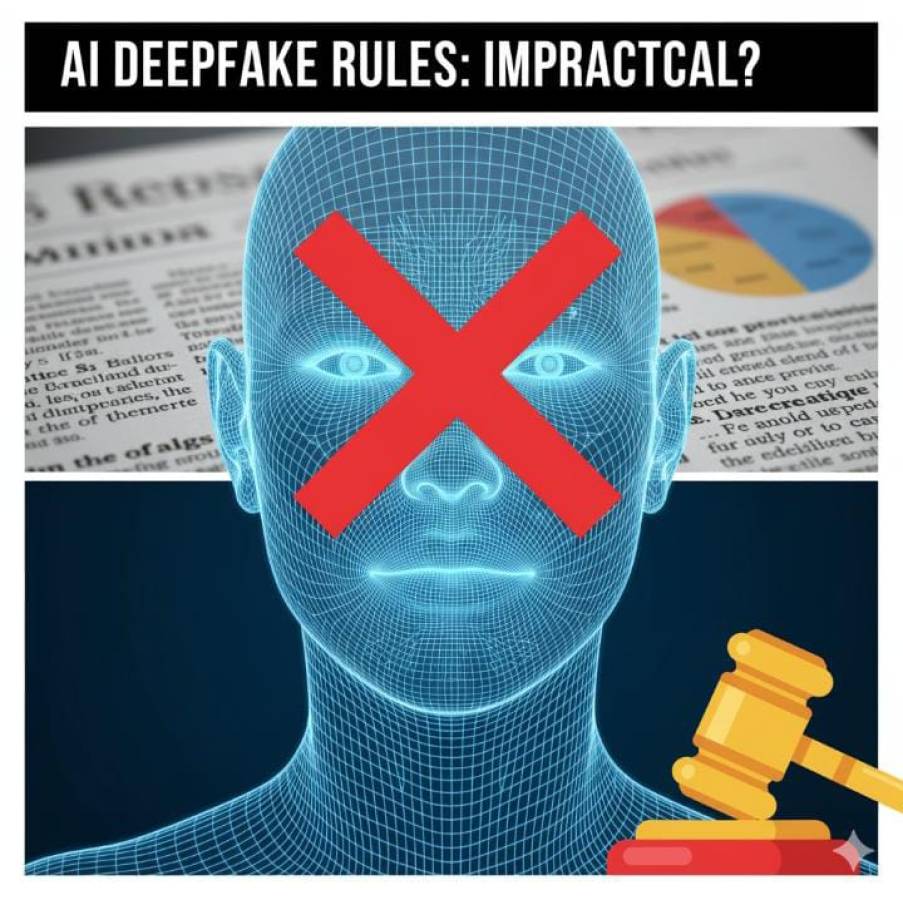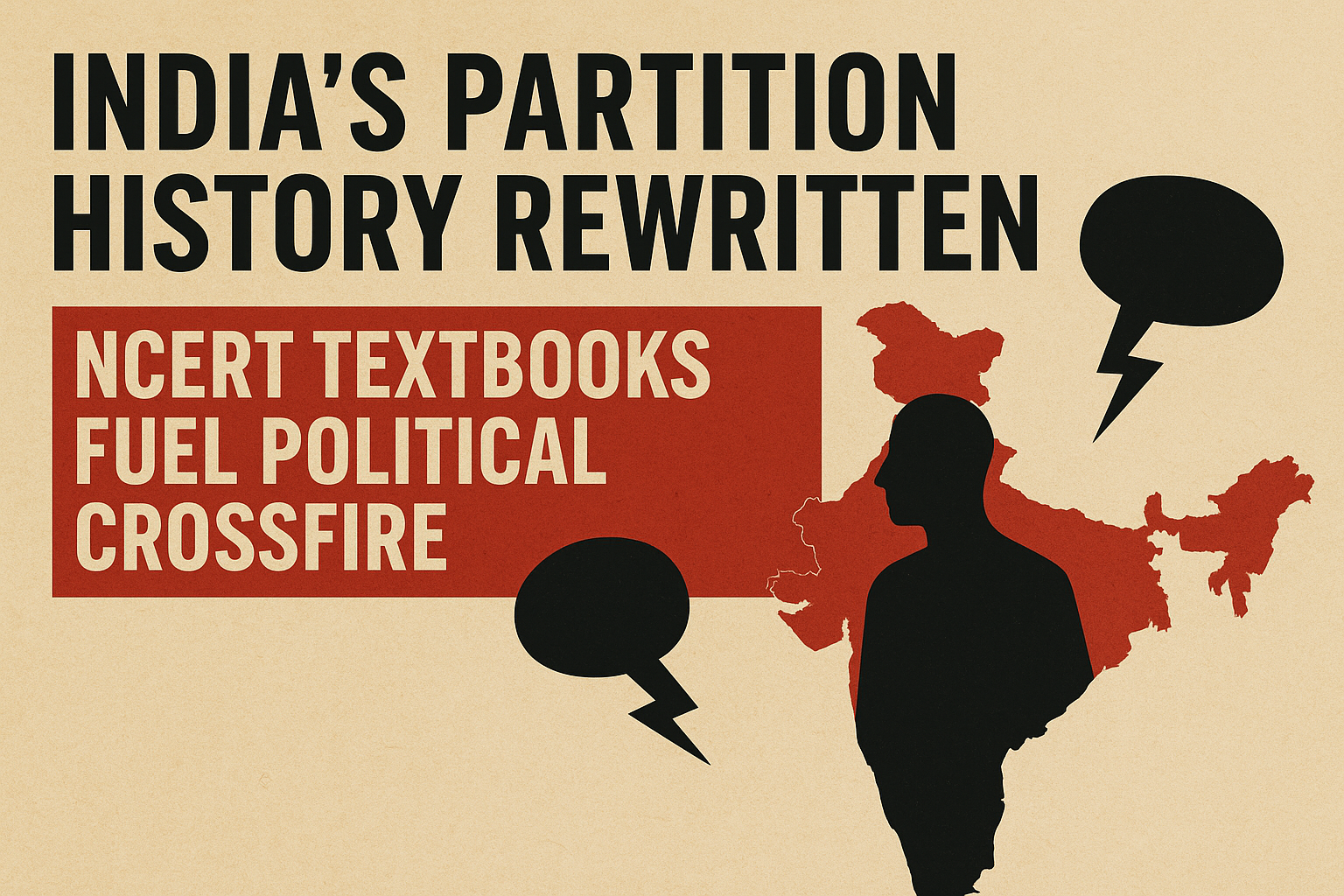
The rewriting of history has never been an innocent act. From imperial courts to modern-day parliaments, controlling the past has often been a means to control the present. In India, the latest flashpoint comes from the National Council of Educational Research and Training (NCERT), which has introduced a special module for Classes 6 to 8 that names the Indian National Congress among those responsible for the Partition of India in 1947.
The Partition was one of the most traumatic mass migrations of the 20th century. Born from the hurried exit of British colonial power and the deepening chasm between Hindu and Muslim political leadership, it led to the creation of India and Pakistan, and triggered violence that claimed more than a million lives. NCERT’s change is not just an update to school lessons. It is a political move that shapes how we remember our past.
A Narrative Shift
The module reportedly singles out Congress leaders for mishandling communal tensions and failing to prevent the division, while contextualising other players such as the Muslim League and the British government. This shift places a share of the historical blame on the political entity that later went on to dominate Indian politics for decades. Critics argue that the reframing aligns with the ruling Bharatiya Janata Party’s (BJP) ideological interest in diminishing the Congress’s legacy, especially among younger generations who will grow up reading these textbooks.
Educational changes in history curricula are not unique to India. From Japan’s minimisation of wartime atrocities in schoolbooks to U.S. debates over the framing of slavery and segregation, states have long shaped historical narratives to serve present-day political ends. What makes the Indian case especially charged is the enduring volatility of communal identity in the country’s politics.
The Risks of Politicising Memory
The danger here lies in presenting history as a moral courtroom with predetermined verdicts, rather than as a complex process shaped by competing forces. Partition was not the outcome of a single party’s failure; it was the collision of British imperial strategy, the rise of religious nationalism, the distrust between the Congress and Muslim League, and the mounting pressure of global decolonisation after World War II. To single out one domestic political actor risks oversimplification and erases the multiplicity of historical causes.
Such simplification has broader implications. When educational systems frame history to suit contemporary politics, they risk creating generations less equipped to engage critically with their past. In multi-ethnic, multi-religious democracies, that can deepen existing polarisation, turning historical wounds into political weapons.
A Global Question of Truth and Power
Globally, the debate over historical accountability is always entangled with power. Who writes the textbooks? Who decides which documents are authoritative and which testimonies are marginal? In India’s case, the rewriting comes amid a decade-long effort to recast national history in terms that prioritise certain ideological narratives — Hindu civilisational pride, critiques of Congress leadership, and a re-examination of Muslim political roles in the freedom struggle.
Yet, history is not meant to be a national comfort blanket. A democratic society must equip students with the intellectual tools to grapple with uncomfortable truths, to weigh evidence, and to recognise bias — including that of the state. When history is rewritten to score political points, it diminishes not only the complexity of the past but also the democratic quality of public discourse.
Final Take
The NCERT episode is a reminder that historical narratives have never been neutral. In a time when misinformation spreads at the speed of a tweet, the textbook still carries enormous power in shaping worldviews. Whether in India, Poland, Brazil, or the United States, the battle over the past is inseparable from the battle over the future.
The Partition of India deserves to be taught in all its painful complexity — as a cautionary tale of how mistrust, identity politics, and hurried political deals can tear apart nations. Reducing it to a political morality play risks turning history from a shared inheritance into a partisan weapon. And when that happens, the real lesson is not about 1947, but about the perils of letting today’s politics dictate yesterday’s truths


